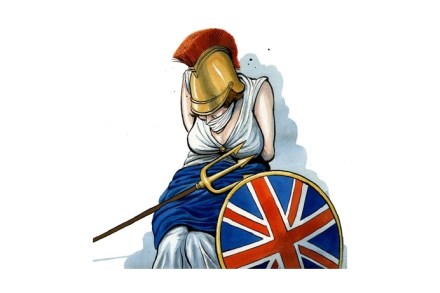SNP minister runs up £11,000 iPad bill
The SNP’s finances are back at the top of the news agenda. Michael Matheson, Holyrood’s hopeless health secretary has somehow managed to rack up an £11,000 bill on his parliamentary iPad. It appears that when the government minister was holidaying in Morocco with his family, he forgot to switch on his WiFi. But instead of admitting to the foolishness of his blunder and paying up, Matheson has begrudgingly made a ‘donation’ of £3,000 from his publicly funded office allowances. ‘Shameless’ doesn’t quite cut it… Holyrood insiders told the Telegraph that the former net zero secretary refused to pay the remaining £7,935.74 from his own purse, deferring it instead to the Scottish parliament.





















